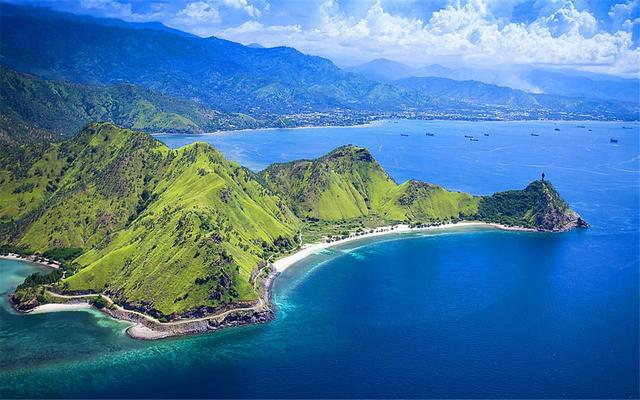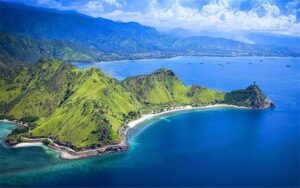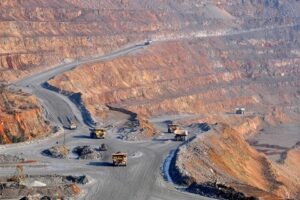According to MiningNews.net (MNN), “Simple, efficient, and less bureaucratic” is the goal of the Timor-Leste government, which is preparing to develop a strong mining industry in the small Southeast Asian island nation.
Rafael de Araujo, Director-General of the National Directorate for Mineral Resources, announced at the International Mining and Resources Conference (IMARC) in Sydney that Timor-Leste will soon launch its second mining license tender, highlighting the country’s untapped exploration potential and the government’s ambition to create an attractive and robust mining framework to draw investors.
The new tender, scheduled to be launched later next month, includes 33 blocks covering manganese, copper, gold, chromium, rare earths, limestone, and marble. Historically, the nation’s resources sector has been dominated by oil and gas, with almost no large-scale mining activities.
De Araujo told MNN at the IMARC exhibition that “the entire country remains largely unexplored,” adding that the government has invested heavily in geophysical surveys, sampling, and geological mapping to better understand the nation’s mineral potential.
Job Brites Dos Santos, head of the Timor-Leste Institute of Geoscience, said his team has already mapped half of the country’s geology and launched a nationwide sediment sampling program expected to be completed by 2028, aiming to fill the “information gap” that has hindered mining investment.
Since mid-2023, the government has invested over A$2 billion in infrastructure, roads, and a new port. De Araujo noted that Timor-Leste’s compact geography and coastal resource distribution make mineral extraction and export logistics much easier.
A Modern and Supportive Mining Law
De Araujo emphasized that Timor-Leste’s mining legal framework is based on global best practices from the past decade, drawing heavily from Western Australia’s mining legislation. Companies can apply directly to the government for exploration or mining permits after public bidding, with accelerated approval for promising investment blocks.
One of the most attractive aspects for investors, he said, lies in the fiscal and royalty system. The law provides tax holidays of 5 to 10 years, land use rights, and investment-linked royalty reductions — the more capital invested, the lower the royalty rate.
“You can enjoy multiple benefits and incentives when investing in Timor-Leste,” said De Araujo. “Most importantly, foreign investors are granted residency and work visas.”
Early Movers Gain Ground
Three Australian-listed companies — Estrella Resources, Tivan, and Beacon Minerals — have already begun exploration under the previous licensing round. Estrella has discovered high-grade manganese, Beacon is pursuing a 300 km² copper polymetallic joint venture, and Tivan holds a 344 km² copper-gold exploration block.
Grant Wilson, CEO of Tivan, praised the government’s capacity and commitment:
“When you actually go and work there, you see their real dedication to best practice and institutional reform — it’s more inspiring than even good geology.”
Wilson added that Timor-Leste’s geostrategic importance in Southeast Asia has drawn the attention of Japanese partners involved in the Northern Territory project:
“I believe our Japanese partners are not far behind us. We aim to make progress together with both Australia and Japan.”
[Source – 上海有色网] 东帝汶将大力发展采矿业 https://news.smm.cn/news/103592268




